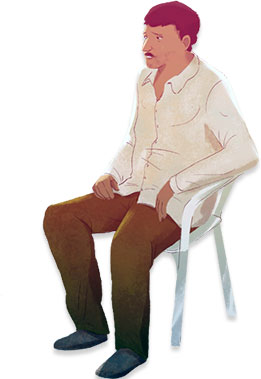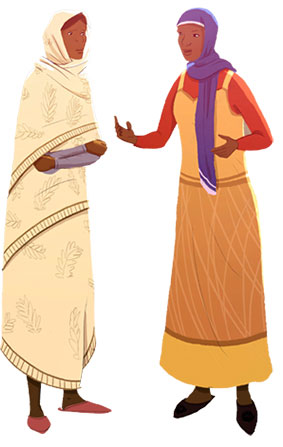Depression:
Let's talk
What is depression?
 Depression is an illness that makes you feel constantly sad, lose interest in activities you enjoy and makes it difficult to carry out daily tasks.
Depression is an illness that makes you feel constantly sad, lose interest in activities you enjoy and makes it difficult to carry out daily tasks.
Signs of depression include:
loss of energy
change in appetite
sleeping more or less
anxiety
reduced concentration
indecisiveness
restlessness
feelings of worthlessness, guilt, or hopelessness
thoughts of self-harm or suicide.
Can depression affect you?
 Depression can affect anyone, regardless of age, sex, social status, race or culture.
Depression can affect anyone, regardless of age, sex, social status, race or culture.
If left untreated, depression can affect your relations with family and friends, as well as your activities and daily tasks, and impact your ability to work and earn a living. Depression can be debilitating and even lead to suicide – the second leading cause of death among 15–29-year olds.
Depression is a real illness and should not be ignored or downplayed.
In WHO’s Eastern Mediterranean Region, the number of people living with depression is increasing as a result of growing humanitarian crises, conflicts and displacement. As many as 1 in 5 people are affected by depression and anxiety in these settings.
Dealing with depression
If you think you are depressed seek help.
Talk to people, talking to others about how you feel can help.
Find out what help is available.
Don’t let the stigma around mental illness, including depression, stop you from seeking help.
Just talking about depression with friends, family members, colleagues, professionals or as part of a group in school, work, social settings or through social media can help reduce the stigma associated with this illness.
Let’s fight the stigma and encourage more people with depression to speak out.
Related links








